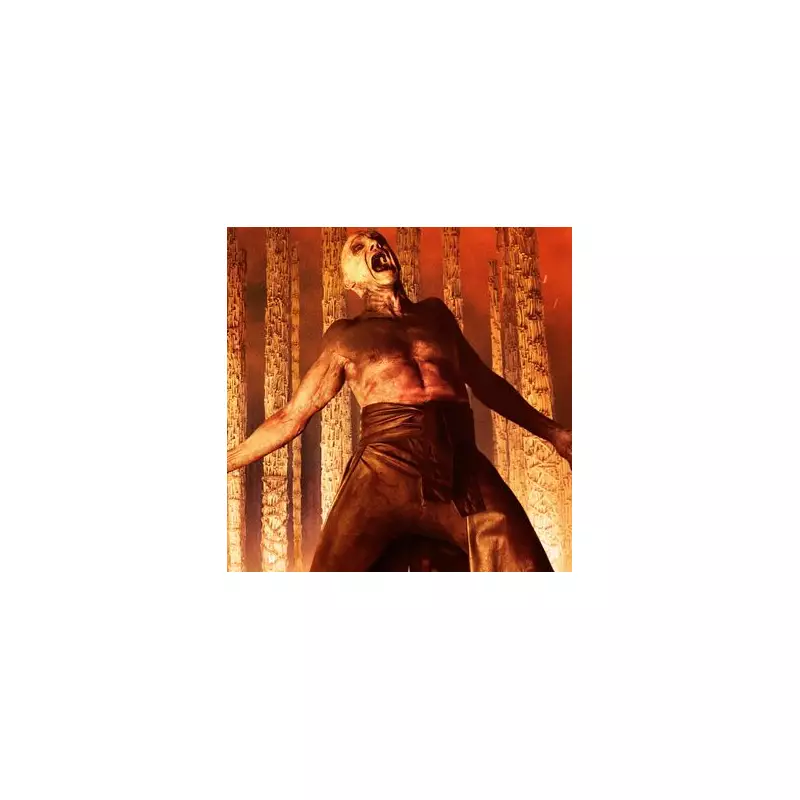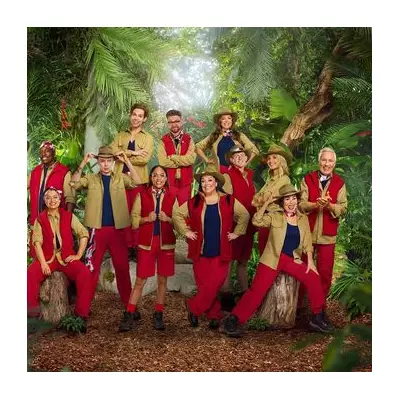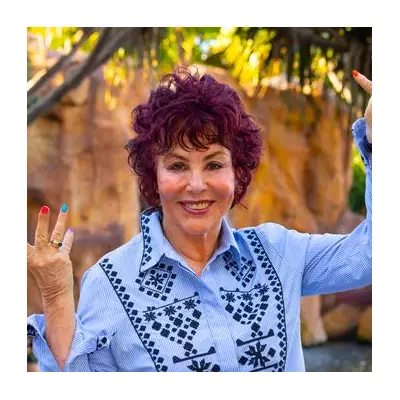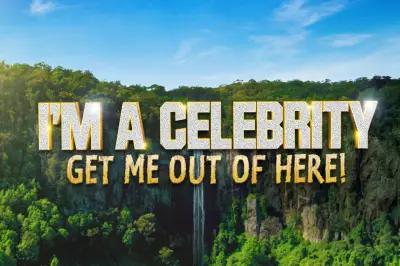
A new wave of terror is washing over British cinema with the imminent release of the folk horror film, 'The Bone Temple'. The production has just unleashed its first official trailer, and it's already setting the genre alight with anticipation.
The preview offers a harrowing glimpse into a world where ancient rituals collide with modern-day terror. It teases a group of unsuspecting individuals who stumble upon a pagan site, unwittingly awakening a malevolent force that has slumbered for centuries.
A Voice of Pure Nightmare Fuel
Elevating the trailer from merely scary to utterly iconic is the involvement of horror royalty. The chilling narration is provided by none other than Bill Moseley, a legend known for his unforgettable roles in modern classics like 'The Texas Chainsaw Massacre 2' and Rob Zombie's 'The Devil's Rejects'.
Moseley's distinct, gravelly tones weave a tale of dread and ancient evil, perfectly complementing the visuals of crumbling altars, eerie forests, and unspeakable rituals. His voice doesn't just narrate; it promises a descent into pure madness.
What Is The Bone Temple About?
While the plot is being kept tightly under wraps, the trailer hints at a story deeply rooted in British folk horror traditions. It suggests a narrative where characters are forced to confront a primordial evil tied to the land itself, evoking the eerie atmosphere of classics like 'The Wicker Man'.
Expect unsettling imagery, a palpable sense of creeping dread, and the kind of psychological terror that lingers long after the credits roll. This isn't just about jump scares; it's about a slow-burn fear that gets under your skin.
Mark Your Calendars For Terror
Horror fans won't have to wait long to experience the full feature. 'The Bone Temple' is slated for a digital release in the UK, making it the perfect spine-tingling watch for a dark night in.
With its compelling trailer and stellar voice talent, 'The Bone Temple' is poised to become a standout entry in the folk horror renaissance, proving that the most profound fears are often those buried deepest in our past.





